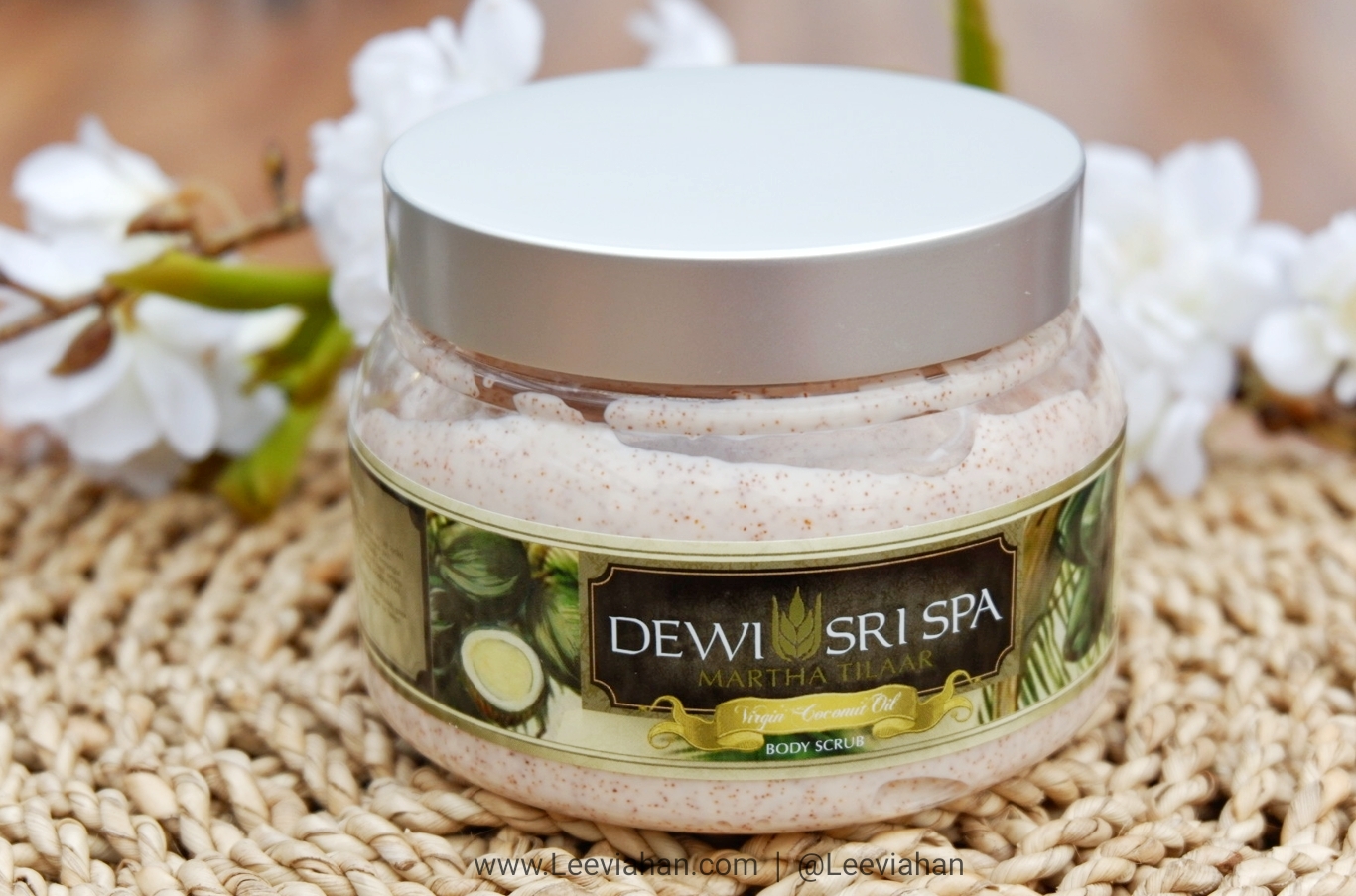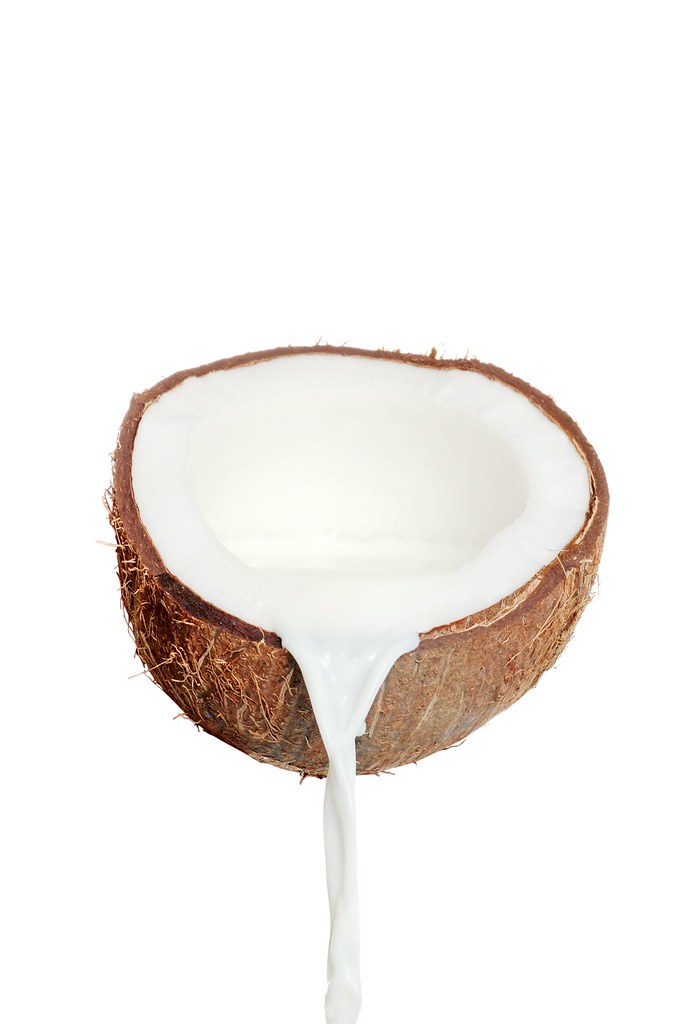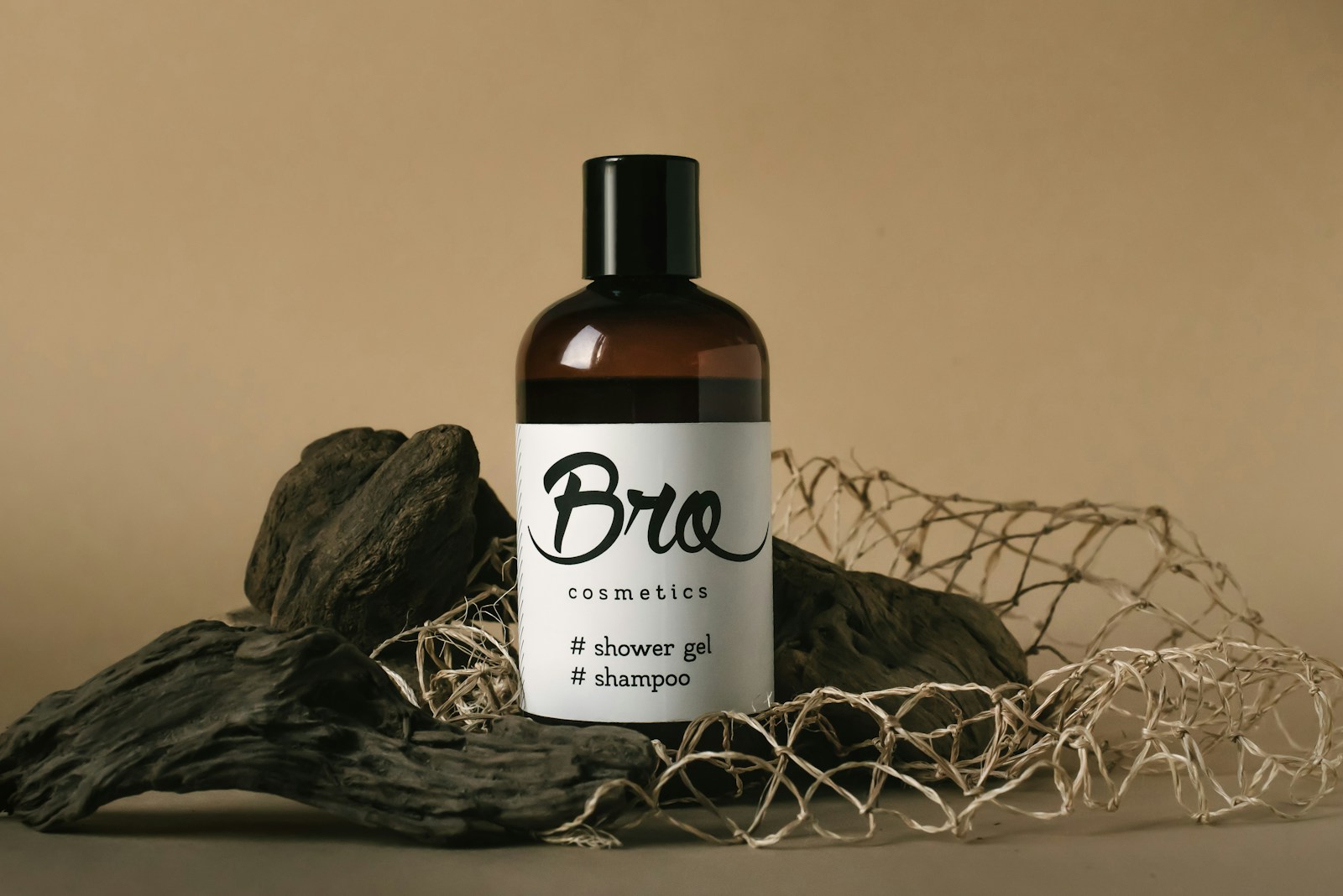
Recent years have seen coconut oil become a fundamental skincare component as people admire both its naturally derived character and speculated skin advantages. The widespread popularity of coconut oil exists alongside scientific evaluation of its skin health impact. More information about coconut oil’s scientific benefits for skin health can be found through exploring dermatological research on its effects.
To begin, we need to understand how coconut oil is structured. Chemical extraction of coconut meat from matured coconuts produces oil which delivers several advantageous substances. Lauric acid represents the primary saturated fatty acid component of the oil while other saturated fatty acids join it. Because of its antimicrobial and moisturizing capabilities, lauric acid appears frequently in health and beauty products. This important oil carries large amounts of vitamin E and additional antioxidants that work together to combat skin damage caused by free radicals while promoting general skin well-being.
As a major benefit of coconut oil, it demonstrates antimicrobial action in addition to additional beneficial characteristics. Research shows that Lauric acid along with other medium-chain fatty acids in coconut oil fight specific bacterial and fungal and viral infections. The antimicrobial properties of coconut oil suggest it could help treat mild skin problems as well as conditions such as athlete’s foot. The antimicrobial effects of coconut oil are undeniable yet patients must prioritize medical treatment prescribed by healthcare professionals over using coconut oil independently.
Research demonstrates that coconut oil provides soothing benefits beyond its ability to protect against moisture loss and defend against microorganisms. People treat their eczema along with other inflammatory skin problems with coconut oil. When irritation strikes patients, it offers calming effects which help reduce skin redness. Coconut oil remains a suitable choice for delicate skin due to its natural makeup but you should always perform a skin test before use.
Coconut oil functions as a pure alternative to traditional makeup removing solutions. The oil’s viscous texture successfully dissolves waterproof mascara alongside all skin surface impurities. Coconut oil serves as a versatile chemical-free formula that replaces commercial makeup removers that use potentially dangerous chemicals within their ingredients list. You can use coconut oil for facial makeup removal by smearing it into your fingertips or a cotton pad then delicately massaging your face with it. You need to wash the face with warm water combined with a gentle detergent until all debris has been taken away.

The different qualities of coconut oil require us to remember that every type of coconut oil possesses unique characteristics. The skincare community recommends using both virgin and unrefined coconut oil extracts for their applications. Unprocessed virgin coconut oil maintains its natural component content better than refined oil. Cold-pressed coconut oil extraction without heat protects beneficial oil compounds because this method skips the heating process.
People should be aware of the extensive benefits of coconut oil for skin health but they need to know the warning signs of potential risks that come with its application. Many people see coconut oil as a beneficial skincare solution but certain individuals may suffer unwanted effects from its use and the ingredient itself carries specific constraints that need consideration.
Read more about: 7 Sunscreen Sticks That Deserve a Spot in Your Beauty Arsenal

Most people worry about using coconut oil on their skin due to the way this product can block pores. People with oily or acne-prone skin should use it with caution because coconut oil earns a high comedogenic rating indicating it can potentially block pores. Use of coconut oil in excessive amounts or application on acne-prone skin can trigger additional acne development by turning into blackheads or breakouts. Individuals with acne-prone skin should test a small area of their skin before widespread coconut oil use due to dermatologist recommendations.
The decision between different types of coconut oil needs further examination. Homeostasis studies show that virgin unrefined coconut oil serves as the preferred choice for skincare because it maintains higher natural nutrient levels. Among coconut oil types, refined oil requires excessive processing which erases its natural health properties while potentially including irritating chemical additives or preservatives. The selection of appropriate coconut oil varieties stands essential for obtaining maximum skin advantages while minimizing hazards.

The use of coconut oil sometimes triggers allergic reactions that occur only occasionally. When people use coconut oil on their skin they sometimes develop skin reactions that include itching and redness with possible irritation. People who experience sensitive skin along with those at risk of developing allergic contact dermatitis need to be cautious when using coconut oil. Despite its reputation for gentleness and natural origin, coconut oil provides no complete protection from allergic reactions. People must always conduct a skin test before adding new cosmetics such as coconut oil into their skincare program.
People who have diabetes should approach coconut oil-based skincare with extra care because their medical condition increases their risk of skin complications. Any skincare product including coconut oil requires healthcare provider guidance when applying it to diabetic skin because these individuals face higher risks of complications. Healthy skin maintenance requires assessing how coconut oil impacts existing medical conditions before usage.

The benefits of coconut oil for skincare remain valuable but this product does not work equally well for everyone. People should understand potential safety risks associated with coconut oil usage including pore blockage, allergic responses and excessive application before adopting it as part of their care routine. A visit to a dermatologist will help you make decisions about which skin types and needs benefit best from coconut oil usage. A careful usage approach with the appropriate safety measures enables people to utilize coconut oil as a safe natural skincare ingredient.
Related posts:
Dry winter skin tips: A dermatologist’s advice for cold weather relief
9 Best Shampoos For Hair Thinning And Loss Of 2025, Per Dermatologists And Editors
18 Best Body Lotions for Every Skin Type



